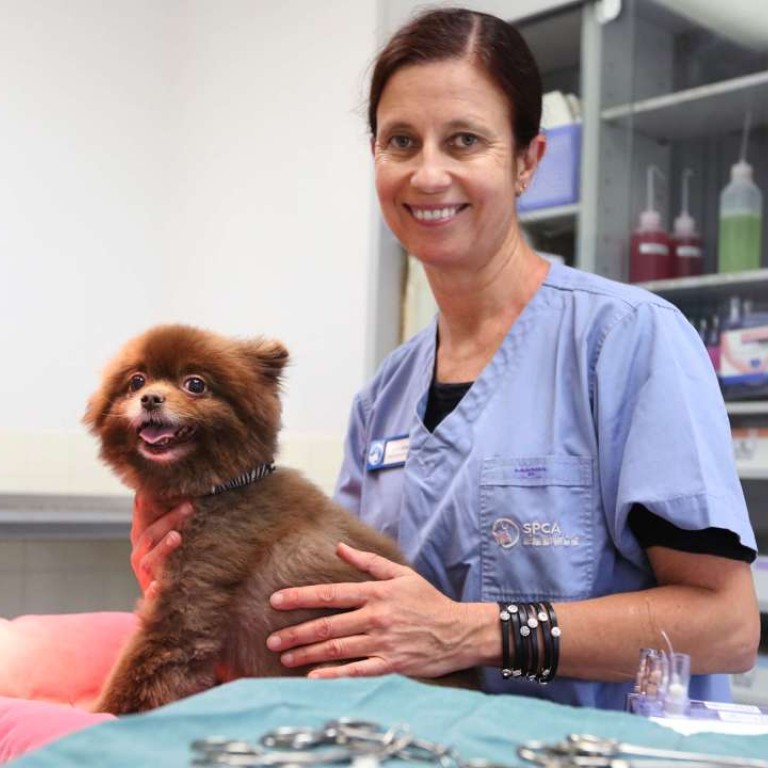
City University’s plan to include food safety in a veterinary course could be good for Hong Kong
The niche academic offering, to go ahead without government funding, could set the city apart as a centre of excellence in an important area
Hong Kong’s urban high-rise environment may seem an unlikely place to host a centre of veterinary excellence. But that is still not the way City University sees it, despite rejections of funding requests for a veterinary school in 2010 and 2014 by the University Grants Committee on the grounds that it is unviable and unnecessary. It has unveiled a self-financed, six-year undergraduate course in veterinary medicine beginning in the next academic year with an intake of 10 to 15 students, rising to about 30 in two years.
Each student would have to pay tuition fees of HK$120,000 a year. The government has warned the university not to assume that in the long run it would receive public funding, which would reduce the fees to HK$42,100 a year.
In its most recent refusal of funding the UGC said the university had overestimated local demand for vets and underestimated the cost of running a veterinary school.
In the first instance it may be right, with only about 70 per cent of the city’s 700-plus vets actually practising, in a “client” pool of 1,200 pets per vet compared with twice as many in Singapore. Nonetheless university president Professor Way Kuo is confident of securing government funding in 2018, by which time it also hopes to have raised HK$1 billion to support the programme. Cornell University in the US is a partner in the course.
City university says part of the course will focus not on training vets in the care of domestic pets, but on research into food safety and how to prevent disease spreading from animals to humans. Since this is most relevant to the agricultural and livestock industry across the border rather than Hong Kong, perhaps it is hoped the course will attract enough fee-paying students from the mainland to begin with.
If the programme succeeds it could give City University an exclusive academic niche, and set Hong Kong apart as a regional centre of excellence in veterinary science and food safety with minimal set-up costs to the taxpayer.

